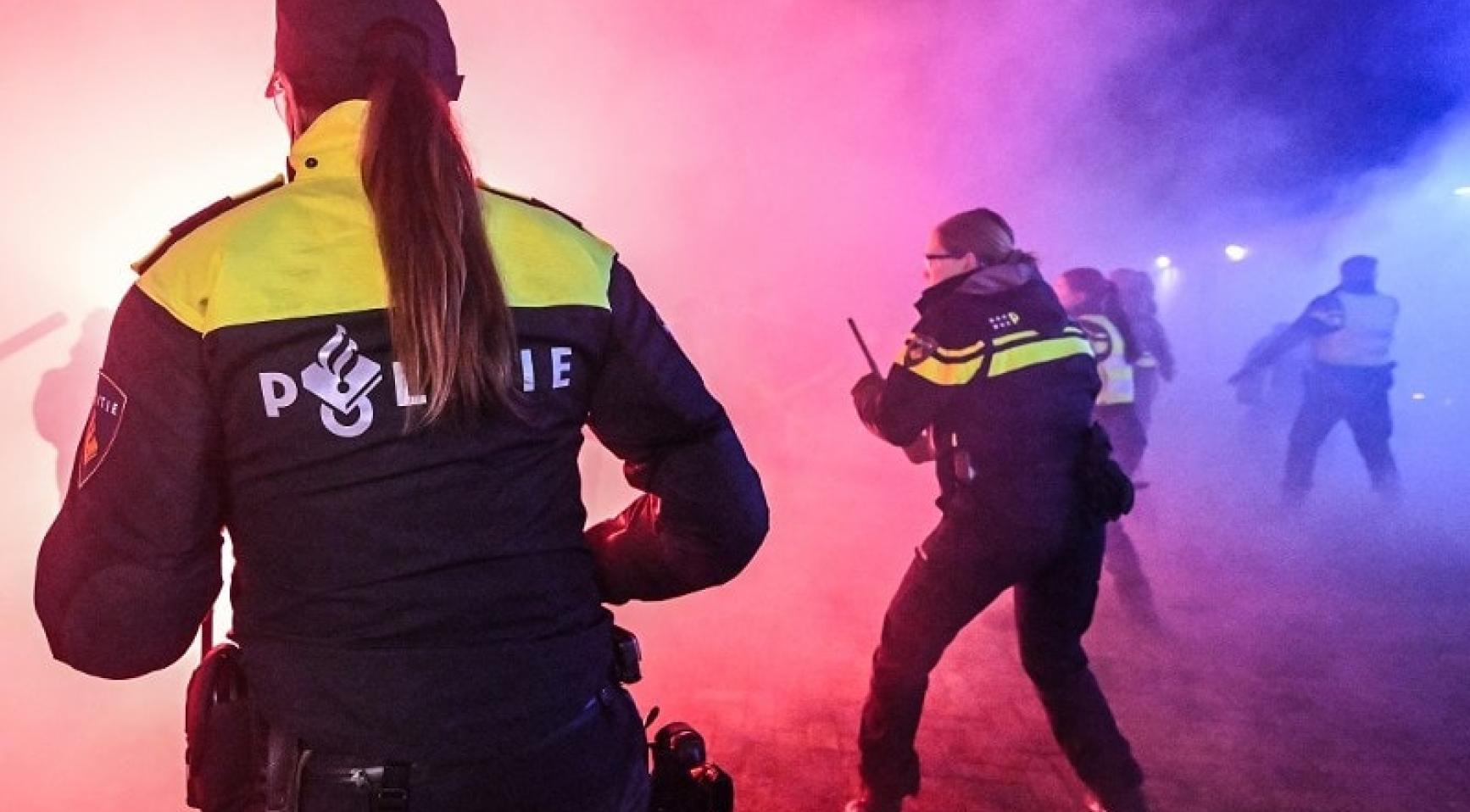Copyright nltimes

The Council for the Judiciary stated Monday that Dutch judges oppose the government’s plan to ban community service for offenders who assault first responders, citing the risk of unfair sentences. “The legislature has given us a toolbox of punishments. That includes fines, community service, and imprisonment. We can impose these in various conditional and unconditional forms,” criminal judge Jacco Janssen told NOS on behalf of the council. “If you remove even one element, it becomes harder for us to impose the right sentence in a specific case.” Janssen said removing community service from the available options would limit judges’ ability to consider the context of each incident, including the severity of the assault, the perpetrator’s remorse, or their mental state. He noted that minor physical contact, such as pushing an ambulance worker in a crowd, already counts legally as assault. “If we must give someone a prison sentence for a single push or tug, it actually leads to unjust punishment,” he said. The council also disputed claims that a ban is necessary to prevent light sentences. “Judges understand very well that harsh penalties are appropriate for violence against first responders,” Janssen said. “For example, during the Malieveld riots recently, the court imposed prison sentences within a few days on those who assaulted police.” He added that even short prison terms can severely disrupt lives, causing people to lose their homes, relationships, jobs, or custody of children. The council expressed support for other parts of the government’s proposal, such as allowing a community service sentence to be combined with a conditional prison term, a possibility currently not allowed. The debate over banning community service for assaults on first responders dates back to 2012, when similar restrictions were introduced for crimes carrying more than six years in prison and causing serious bodily harm. In 2020, the Tweede Kamer approved extending the ban to assaults on first responders, but the proposal failed in the Eerste Kamer. Political parties including the PVV, CDA, VVD, and FVD have historically supported the ban, while GroenLinks-PvdA, D66, SP, and ChristenUnie have opposed it. The Dutch Bar Association and the Council of State have previously advised against strengthening the law.



